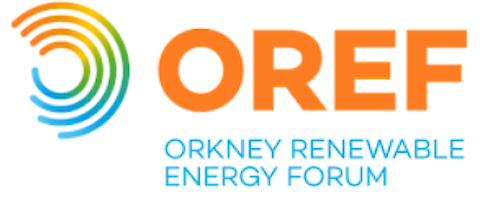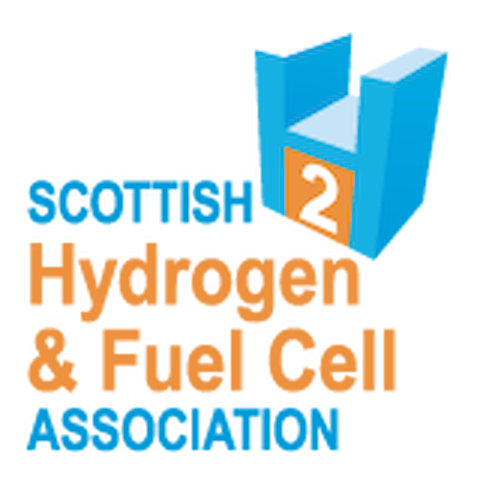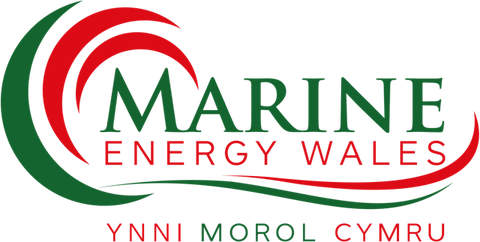Infrastructure
Aquatera has developed tools and deployed expertise to support and guide project planning and management for a variety of infrastructure projects. The shift to using more renewable sources of energy creates specific infrastructure demands, many of which are not yet built into energy supply systems. Energy storage and transformation will be a major part of the solution.
Grid networks
Countries across the globe are shifting towards increasingly electricity-driven societies. Those with exisiting infrastructure will require re-wiring and adaptation to provide the connectivity needed to sustain economic growth and support the needs of our energy dependent lives. As more and more countries develop economies and social infrastructure which increases their electricity consumption, and seek energy security against a backdrop of changing climate, micro- and off- grid solutions will play a key role in supporting this energy revolution.
Providing effective advice in this area requires an understanding of the market needs that are driving investment, the technical limitations and opportunities that exist, as well as the broad environmental sensitivities and planning considerations that need to be taken into account.
Aquatera has developed a strong reputation for our solution-oriented work on the development of grid infrastructure and grid solutions around the world.
Energy storage and transformation
Energy storage will enable the varying outputs from renewables to compete more effectively with established carbon-based energy generation, where storage mechanisms have already been built into the system.
Energy transformation will allow renewables and other energy sources to be converted into products, materials and states that can be more easily transported, delivered and stored - a growing necessity as the world’s pattern of supply and demand continually adapts.
Aquatera is investigating the demand for energy storage and transformation, as well as the different solutions that are emerging. Working with technology providers, we can help deliver full-system requirements to businesses, communities, individual sectors and regions.
Experience
Our comprehensive option evaluation, site and route evaluation, project planning and permitting activities have often been applied to onshore energy infrastructure. Aquatera's RADMAPP site and route planning tool has been particularly well-utilised in this sector, helping to guide complex siting and route finding processes, and leading to successful, cost-effective planning processes for major infrastructure projects.
Our staff and associates draw on years of experience in the energy sector, and have contributed to numerous studies, projects and assignments related to onshore energy infrastructure. Much of this work has been completed in the UK, but our portfolio of experience extends to Azerbaijan, Georgia, Ukraine, Russia, Chile, Bangladesh, Kazakhstan, Chile, and Peru.
In an exploration of the possibilities for energy storage and transformation, Aquatera has explored the use of hydrogen for storing energy generated by community wind turbines, the potential use of hydrogen for powering ships, and the merits of using electric vehicles to help manage electricity supply and demand relationships. We have also built possible energy storage and transformation options into the life cycle cost of energy model we operate.
Services
We can assist with the siting and environmental assessment of on- and off- shore grid infrastructure. Coupling our RADMApp tool with our team's expertise, we can produce maps to illustrate constraints, and to highlight areas where there may be opportunity for siting grid infrastructure.
Aquatera provides the following specific expertise and practical support for energy infrastructure projects:
Grid infrastructure
- Investigation of infrastructure strategies
- Planning processes for key infrastructure facilities
- Consultation over key infrastructure decisions
- Support for clients applying for grid capacity
Planning
- Environmental surveys - Ecological, Ornithological, Habitat Regulations Assessments
- Onshore geology & hydrology surveys
- Visualisation GIS modelling
- Cultural heritage assessment
- Noise, landscape/seascape, visual impact assessments
Energy storage and transformation
- Analysis of energy storage needs & options
- Analysis of energy transport and delivery needs & options










